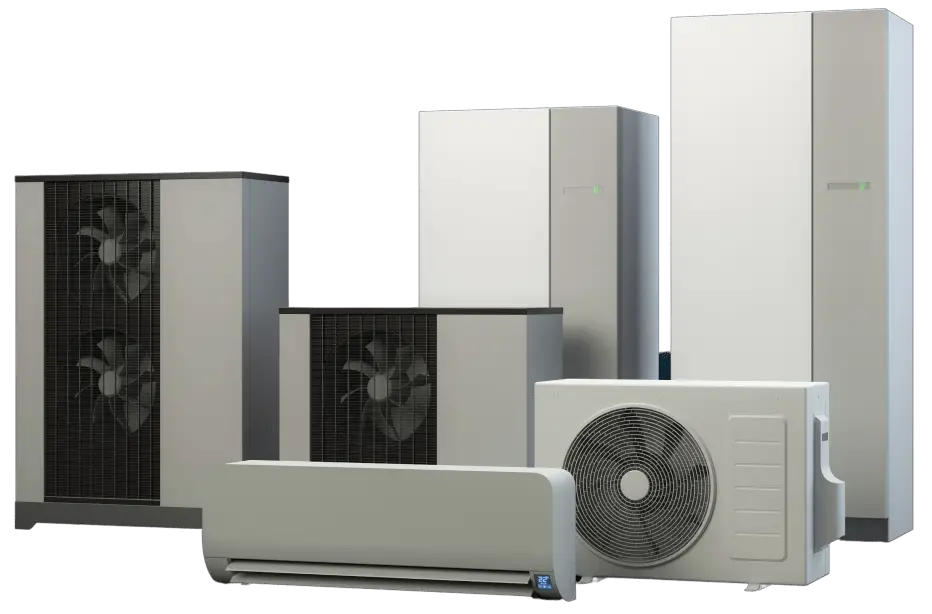Heat pumps work efficiently in homes and offices to transfer heat from one location to another using a compressor. Then, these pumps use liquid or gaseous refrigerants to extract heat from outside and transfer it indoors.
Heat pumps are quite advantageous because they consume less electricity and act like ACs in summers. These pumps are becoming a rage in the UK because the government has approved or given a green signal to affordable and greener living.
So, it’s imperative that you understand the benefits of these heat pumps before planning to purchase one.
6 Advantages of an Energy Efficient Heat Pump are:
Less maintenance
Heat pumps now available in the UK market require less maintenance than traditional ones.
Yearly, you can get some servicing done for safety purposes. Otherwise, if you are a master in DIY, check the safety, working, and heat transfer systems yourself in these pumps.
But there should be a professional check done every 2-3 years. As these professionals know more about heat pump systems. They have professional tools and meters to know if the installed heat pump is working fine and as per its full capacity or not.
Plus, if there is any maintenance advice, these professionals can guide you on the same. This way, pumps you install at home or office can have a better and stronger lifespan.
More safety
The best heat pumps in the UK provide you with better safety and security than combustion-based heating systems. That is because they depend on the electricity flow in the premises. So, these pump systems don’t need to run by burning fuel.
So, there is less harm to the premises and the environment when using electricity-based heat pumps.
Less carbon emission
As explained previously, these pumps run on the electricity in the house or the office. Therefore, these are highly efficient and a greener option for the environment. These pumps definitely consume less electricity on average.
Plus, they require no fuel or propane to burn energy. Using these pumps, you never worry about running out of fuel, gas, or propane. So, there is literally no carbon emission involved when home or office owners install and use pumps.
Also, there are more heat pump choices in the market instead of simply electricity-based. For example, water-based heat pumps are highly efficient, which almost reaches about 600 per cent levels of productivity.
Again, there is no carbon emission as such involved in these pumps. However, the maintenance cost or services of each will vary yearly. Therefore, study about them carefully before buying one for your premises or building.
Low maintenance cost
Heat pumps of the new generation are the best choice to use + install in your homes or offices. That’s when you have seemingly low budget proportions right now. As these pumps are cheaper than the normal or traditional combustion heating systems.
Usually, the one-time investment in efficient pumps goes about £45,000. But the same systems end up saving £1,400 per year for you.
Long lifespan of heat pumps
There are pumps available in the market that guarantee a lifespan of up to 10-30 years. Then some extend their life up to 50 years. The approximate lifespan of a pump is 14-17 years.
Because of these numbers and the investment involved, these pumps are reliable to use. Home or office owners can install pumps in their premises to take the benefit of their lifespan.
These pumps, after all, end up saving a lot of energy, electricity, and carbon emission by year. So, it’s a beneficial choice for the nearby environment to your premises too.
Can work as ACs too
Heat pumps are not just for transferring heat indoors. Their system is very well reversed in summers if you like. That means heat pumps can act as compatible and efficient AC systems that are energy-friendly.
Instead of burning energy in the compressor during summers, they compress air from one end to another.
Basically, in winters, it takes heated air from outdoors to indoors. In summers, it takes our heat from indoors to outdoors. This system helps in maintaining specific room temperatures indoors.

